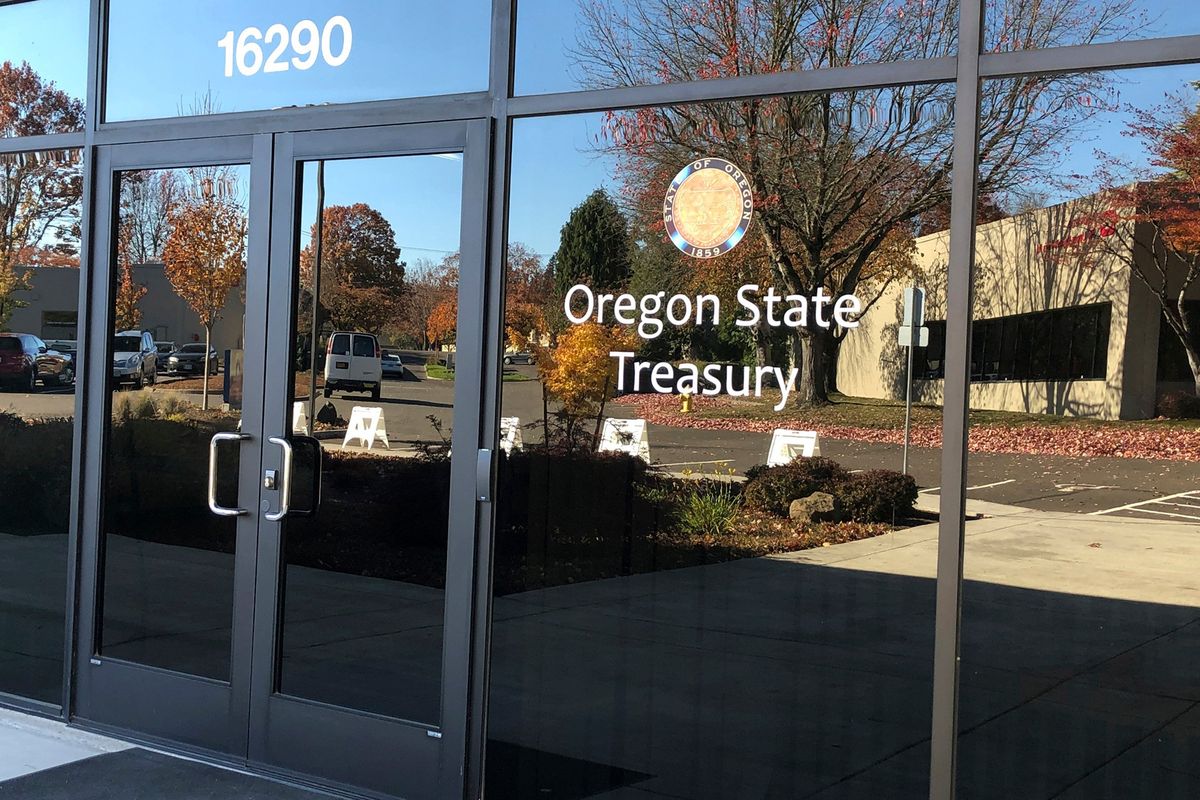Oregon might dump controversial spyware investment

SALEM – Oregon’s treasurer is exploring legal options with the state attorney general in the state’s large investment in a smartphone spyware company – a firm that has been denounced by human rights groups, the U.S. government and tech giants.
In 2017, the Oregon Investment Council unanimously committed $233 million in the state employee retirement fund to a new private equity fund called Novalpina Capital, which later acquired a majority share of NSO Group, an Israeli company that produces smartphone spyware.
The company’s Pegasus spyware, which can turn a smartphone into an eavesdropping device and rummage through emails, documents, texts and photos, has been used by repressive regimes against dissidents, human rights workers and journalists.
NSO Group has been hit by numerous lawsuits, including by Facebook and Apple. Last month, it was blacklisted by the U.S. government along with another company for developing and supplying “spyware to foreign governments that used these tools to maliciously target government officials, journalists, businesspeople, activists, academics, and embassy workers.”
Earlier this year, London-based Novalpina Capital became so dysfunctional because of a bitter dispute between its partners that investors, including Oregon, stripped them of control of the fund and handed it to an outfit called Berkeley Research Group.
Oregon State Treasurer Tobias Read “supports sanctioning global technology companies that facilitate human rights violations and the oppression of journalists by selling technology to authoritarian regimes,” Read’s spokeswoman, Amy Bates, said in a statement Thursday to the Associated Press.
The Oregon Treasury has been working with Berkeley Research Group “and counsel to obtain a full accounting of the prior fund manager’s investment activities over the past several years,” said Bates, who declined to elaborate.
As of two months ago, Berkeley Research Group had not been granted clearance by the Israeli government to receive any sensitive information about NSO Group, the Guardian newspaper reported. Berkeley Research Group did not immediately respond to questions on whether they have since gained access to the information.
“Earlier this month, the Treasurer also reached out to Oregon’s Attorney General on various legal options available to Oregon’s retirement fund,” Bates said.
Some observers took the consultations to mean that Oregon is seeking a legal way of dropping the investment.
“NSO’s big investor, the State of Oregon retirement fund … has developed cold feet,” tweeted John Scott-Railton, a senior researcher of Citizen Lab, which is based at the University of Toronto and has investigated deployment of the Pegasus spyware and whom it targeted.
He said it appears Oregon is “looking for the exit.”
Read and fellow members of the Oregon Investment Council recently told leaders of the Legislature that state law specifies investments must “make the moneys as productive as possible.”
“When we exit investments, we do so for performance reasons, not political or personal ones,” Read and four other members of the OIC wrote in their Oct. 25 letter.
Bates pointed out Oregon is a limited partner in private equity fund investments and consequently doesn’t participate in how such a fund does its business once an investment is made, but is “deeply disturbed by reports about developments concerning NSO Group.”
For its part, NSO Group said in a statement Wednesday that it “has chosen ethics upon revenues, and we strongly believe that our contribution to the global security including U.S. national interests should have the opportunity to be presented.”
“We only sell to governments authorized by the State of Israel, for the sole purpose of preventing terror and crime. Once the software is sold, the company does not operate the system,” the company added.